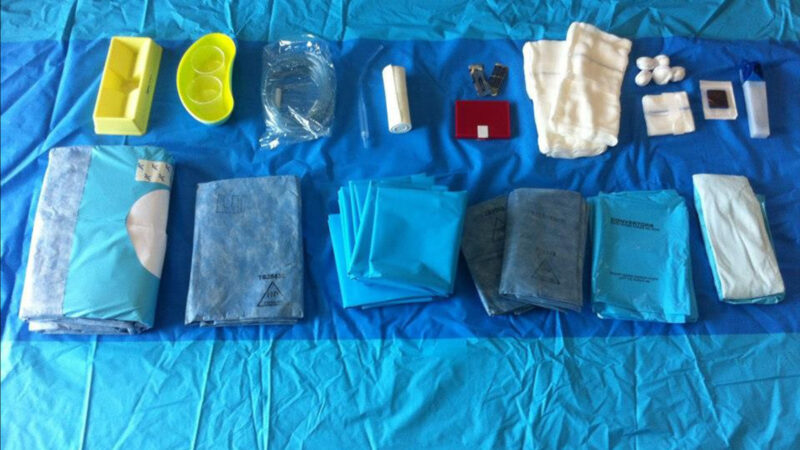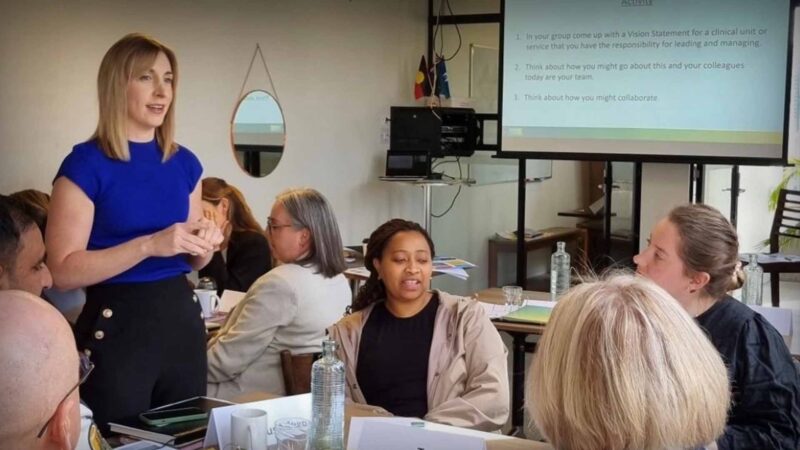In October 2022, Smartz won the Kerrin Rennie Award for Excellence in Medical Technology – Improving Quality of Life. The award was established to recognise and profile the innovative and extraordinary contribution of medical technology in improving health outcomes of Australian patients.
Smartz monitors patient wellness including 2 significant issues affecting the elderly in residential aged care facilities; incontinence and pressure injuries.
Smartz also helps efficiency of staff time by reducing unnecessary diaper checks whilst also significantly reducing the invasive manual practices currently used to check when diapers need changing.
There was also a potential reduction in the number of diaper changes by changing the diaper only when really needed thus saving time, and improving toileting routines. These benefits may result in lower overall cost, fewer hospital admissions for UTIs, less waste, and more significantly, better individualised care.
Clinical study results have shown that the time residents are left in wet diapers significantly reduces when carers are alerted when the diaper has reached capacity. This reduces the risk of incontinence associated dermatitis (IAD) and UTIs.
Neina Fahey from the Medical Technology Association of Australia (MTAA) spoke with Peta Jurd, Smartz AG Commercial Director about winning the award.
You Might also like
-
Nurse recognised for reducing hospital waste
A nurse who started a charity from a granny flat in her parent’s backyard to reduce hospital waste has taken out one of the Australian nursing profession’s most prestigious honours.
-
Lasers in dental treatment without needles and drills
In 2017, Dr. Omar Zuaiter and Alaa Habeb launched Dentroid, a dental technology startup with a mission to make dentistry a kinder and friendlier experience for patients and dentists using photonics (using laser technology) and robotics, as alternatives to needles, drills and sprays. The vision for the startup is to have dentistry adopt laser technology, addressing the root causes of dental pain & anxiety, and create a pain-free dental experience.
-
Implementing improvements in referral management and demand
Nalani Cox joined Gold Coast Health in 2019 as a Nurse Manager focused on improving referral management processes within the outpatient environment through the implementation of the Clinical Prioritisation Criteria. This work became a focus point for the organisation in 2020 when Nalani led an organisational wide change project introducing Smart Referrals, Refer Your Patient website and HealthPathways which has culminated in her position as the ADON of the Referral Strategy and Performance Department.



